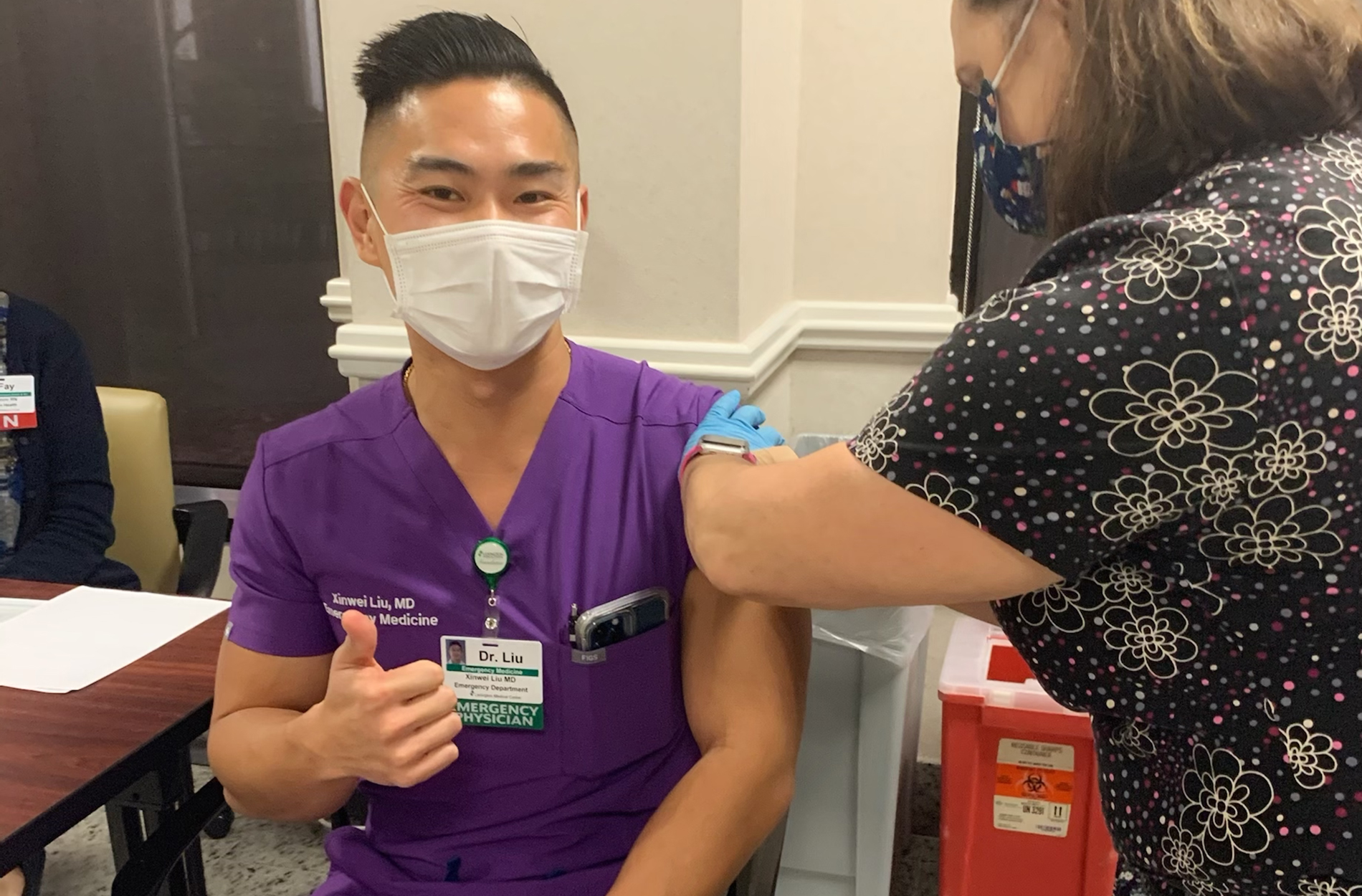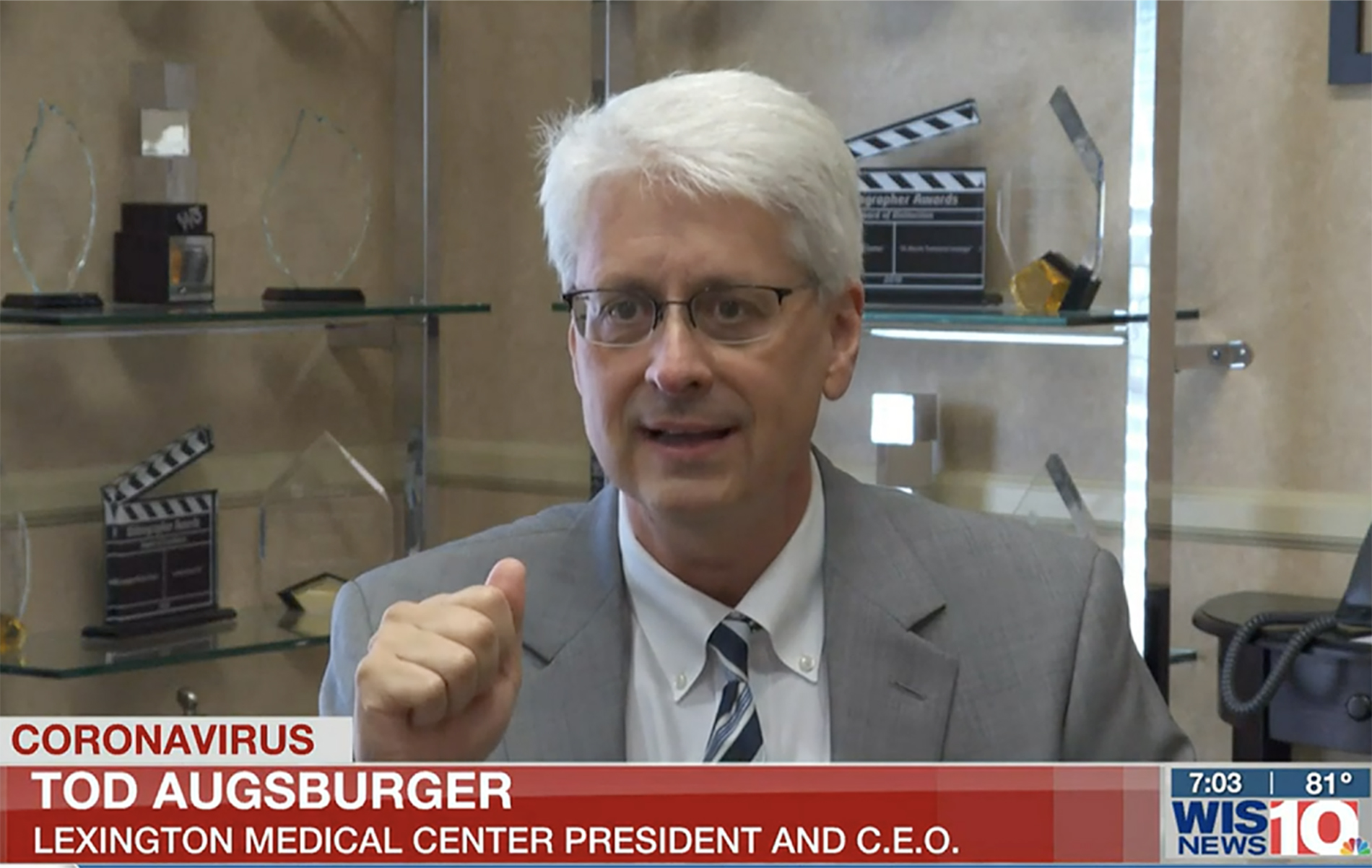by Klariz Tucker, MD, Lexington Internists Northeast
Most people know that extremely high blood pressure can lead to a stroke, and uncontrolled diabetes can lead to poor wound healing - or even amputation. A stroke or amputation are major health events that can change a person's life.
But chronic diseases like hypertension and diabetes can also have slow, insidious effects on your body's organs, causing damage you may not be aware of until it's too late. One example of this is chronic kidney disease.
The Centers for Disease Control and Prevention published a report in 2023 stating that one out of seven adults in the US have chronic kidney disease, but out of those with kidney disease, only 10% know they have this diagnosis. The kidneys filter blood for toxins and excess fluid. If the kidneys are impaired, they do not remove excess toxins and fluid as they should, and this may cause damage to other organs over time.
How will I know if I have kidney disease?
The simplest way to determine your kidney function is through a blood test called a basic metabolic panel. Your primary care physician will likely order this blood test when you have an annual physical. The blood test measures creatinine, a chemical in the blood filtered by the kidneys. If it is higher than normal, it may indicate that the kidneys are not filtering as well as they should.
The two leading causes of kidney disease are high blood pressure and uncontrolled diabetes. It is vital to see a primary care physician to ensure your blood pressure is at its target and you are not developing diabetes. If you have high blood pressure or diabetes, adhere to medications to control your blood pressure and sugar.
What if I already have chronic kidney disease (CKD)?
Kidney function is a spectrum. Once your primary care physician detects a persistent decline in kidney function, it is crucial to prevent further disease progression.
You will need routine follow-up care with your physician. You may need to take medication to prevent further kidney damage. Sometimes, you may need to see a kidney specialist. However, you can make many lifestyle modifications outside of medication to help prevent further kidney damage.
Patients with CKD are encouraged to begin physical activity appropriate for their cardiovascular health and tolerance (aiming for at least 30 minutes 5 times per week), achieve a healthy weight (BMI 20 to 25), and stop smoking. You can always take an active role in your health.

Klariz Tucker, MD, Lexington Internists Northeast







Leave a comment